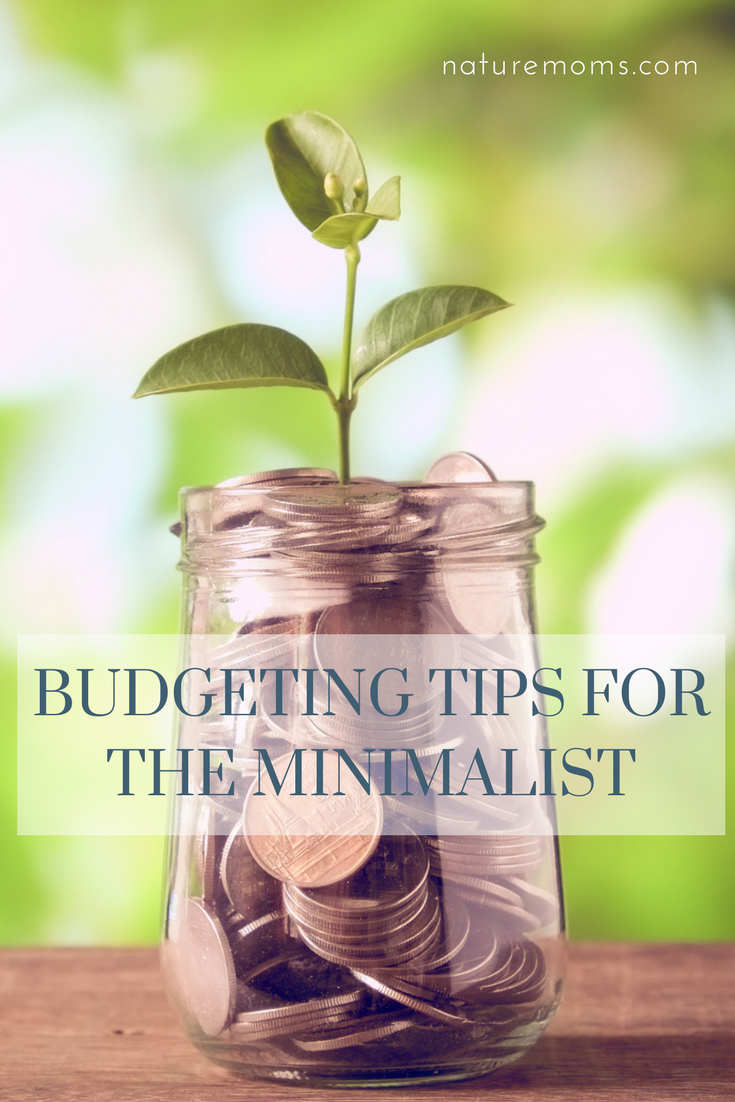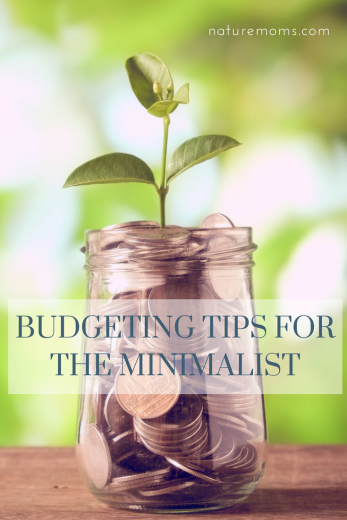 There is a proven correlation between a cluttered home and depression. I also personally think there is a correlation between clutter and poor management of finances. We can’t be our best selves when surrounded by clutter. We aren’t as happy as we can be and we aren’t in control of the day to day basics like money management. One of the best and most enjoyable perks of living a more minimalist lifestyle is that you will find that you can save a lot of money.
There is a proven correlation between a cluttered home and depression. I also personally think there is a correlation between clutter and poor management of finances. We can’t be our best selves when surrounded by clutter. We aren’t as happy as we can be and we aren’t in control of the day to day basics like money management. One of the best and most enjoyable perks of living a more minimalist lifestyle is that you will find that you can save a lot of money.
The money that you save can be used for all sorts of life activities such as travel, self-enrichment, debt reduction. In order to achieve these goals, it’s always a good idea to have a budget so you remain aware of where you are in the process. This article will be sharing budgeting tips for the minimalist.
Buy Quality Sustainable Goods
For some, the idea of spending a large sum on a higher quality of appliance appears to be counterintuitive to the minimalist lifestyle. Closer examination however might reveal a different reality. Low quality goods tend to have a much shorter lifespan than high quality goods, so consumers frequently engage in a cycle of repurchasing low quality appliances multiple times in a time period, as opposed only buying it once. This will save time, reduce stress, and save money. Minimalists are not opposed to heavily researching purchases to ensure they buy once and that their purchase will stand the test of time. In the long run this saves money.
Stick to Buying Things You Need
Spend time considering the true impact of your purchases. If you have time to think about and prioritize which purchases you’re considering, you will have a sincere chance to see which items are wants and needs. Every person who has been shopping has experienced the reality of buying an object, bathing in its glory for a few days or weeks, then shoving it into a closet or garage as if it were some sort of shameful secret. Think first and buy later. Perhaps even give yourself a certain period of time for reflection before allowing yourself to spend the money. If you still the item after 2 week, perhaps it will be beneficial. More often than not though, it was a heat of the moment urge that will pass.
Keep Your Space Clean
Having a clutter free space is essential to living a minimalist lifestyle. One major reason for this, is that the more items we have filling up space, the easier it is to lose track of the things we own, thus accumulating and holding onto actual piles useless objects. Having a cleaner space is also calming and has a positive effect on your mood. Sparse environments also prevent every lost item from becoming a treasure hunt. Car keys, wallets, and phones simply won’t have as many places to vanish into. Also remember that clutter can be tethered to depression. Depression can lead to impulse shopping. If you have a history of shopping or eating your feelings away, be aware of this trap. See if a tidier living space improves your mood.
Reduce Paper Clutter
Opt to get bills electronically and start paying bills online. It is much easier to keep track of your financial responsibilities digitally and there is no paper to get lost or make unsightly piles on your desk. Budgeting can also be done online. My personal fave is the Every Dollar system from Dave Ramsey. It tracks every dollar I spend and helps me see where my money is going so I know if I am telling it where to go or if my money is bleeding out into unwanted places. Don’t just do the debt snowball, do the clutter snowball too.
Know What You Own
Take a consistent inventory of what you own. Be sure that what you have are things you use. If you can’t remember the last time you needed that plastic ring from the blender that you haven’t owned in 4 years, then you should get rid of it. When you have items of use that are taking up space, consider donating or recycling them. Knowing that you have not only simplified your environment, but have also contributed to something beyond yourself will give you a sense of purpose, and satisfy a healthy, constructive desire to help others.



